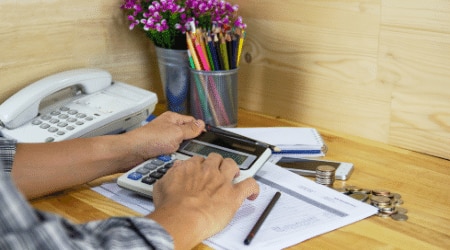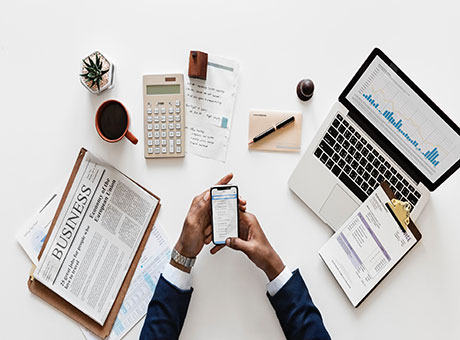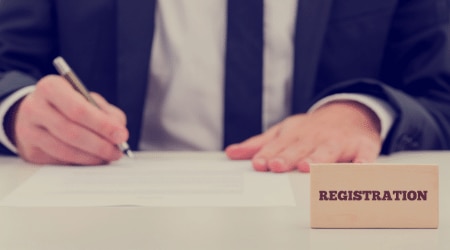Working for yourself? Stay on top of your expenses with these tips covering the basics, as well as what you can and can’t claim.
As a small business owner, your business will have some essential running costs, such as office supplies, advertising costs, and even mileage on your car.
Once year-end comes around, you can write off some of what you spent against the tax you owe, as long as they’re allowable expenses.
It all sounds straightforward enough: you track what you spend, what you earn, and you input it in when tax time rolls around. But you might find questions popping up along the way. These might be simple questions, such as 'I’m self-employed, what can I claim?', or more complex questions, like 'How much of my fuel costs can I claim?'
In this post, we break down all you need to know about claiming expenses when self-employed.
If you’re looking for our list of expense management for small businesses, try QuickBooks Online Accounting Software



